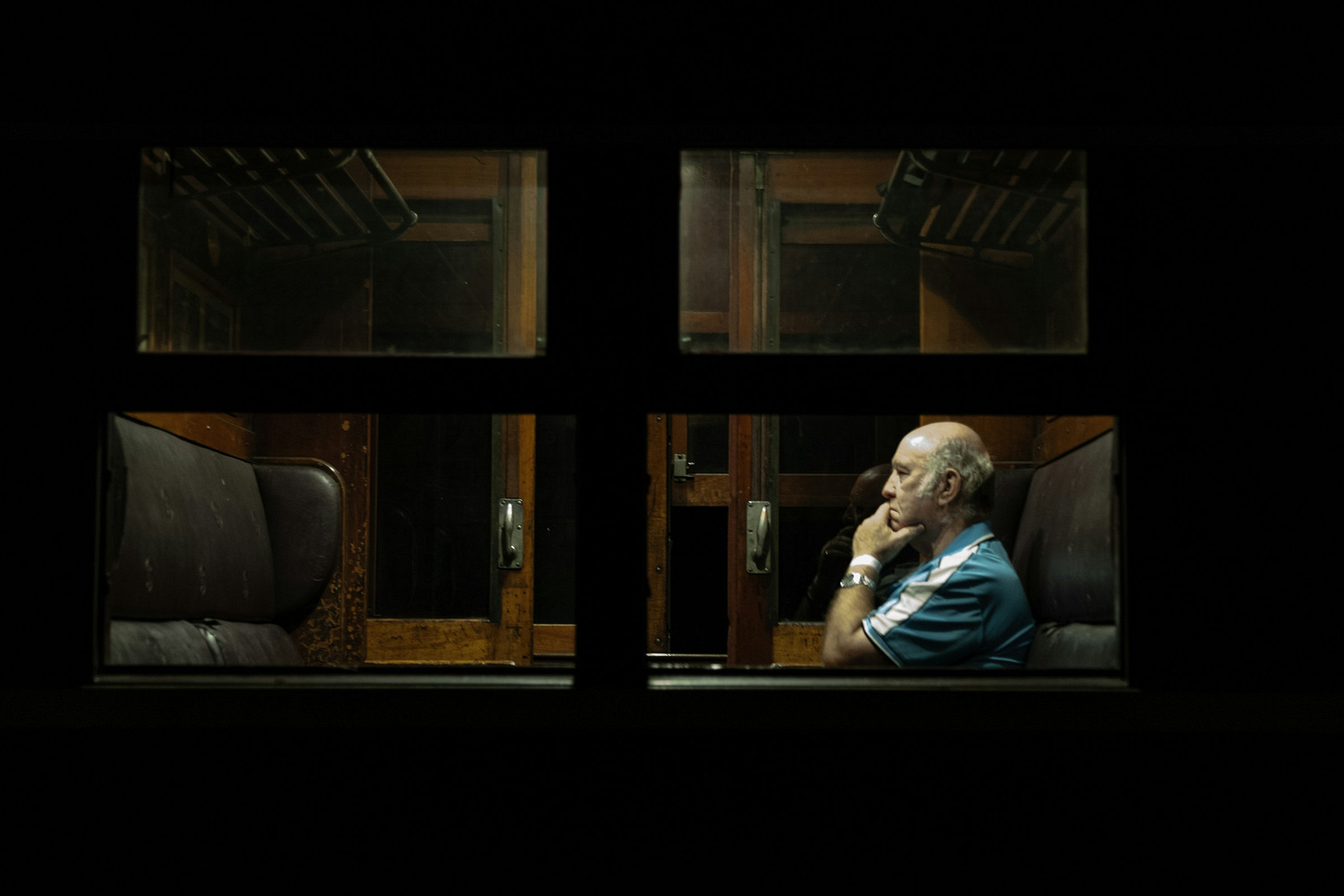A mental toughness tool
The research is clear: it works wonders.
Post summary
On Monday, we explained how humans are inherently resilient—but cultural forces may be making us less resilient today.
Today, we’re covering one of the most powerful tools for resilience and mental toughness.
If you use it, all the data suggests your mindset and life will be far better off—you’ll be happier, accomplish more, and get more out of your “one wild and precious life,” as Mary Oliver put it.
Housekeeping
Full access to this post is for Members of Two Percent. Read about all of the benefits of Membership and what Members are saying about Two Percent here.
Check out our great partners:
Jaspr air purifiers. By far my favorite home health item. Poor air quality is a specter—and using a Jaspr is one of the easiest things you can do to improve your health. I consider my two Jasprs my most essential home health tech. Get a discount here.
GOREWEAR. I use the hell out of GOREWEAR gear on the trail. Pack the Concurve LE3 Jacket in your daypack. It’s light, weatherproof, and has a bunch of features that make it ideal for all outdoor runs, hikes, rides, and more. EASTER gets you 30% off your first GOREWEAR purchase.
Audio/podcast edition
The post
Over the last 100 years, violence and adversity in the United States have plummeted. Homicide, domestic abuse, and assault are all significantly down1.
Kids are also facing significantly less adversity than they did just 40 years ago. Here’s a telling set of graphs:
Yet there’s a paradox: As the world has become objectively safer, the developed world seems to be getting more emotionally vulnerable.
Rates of PTSD, for example, haven’t fallen. In some developed countries, they’ve risen.
The Harvard psychologist Richard McNally explained it like this. It’s a long quote, but it helped me have something of an “aha” moment.
Contrary to what one might infer from today’s media, the decline in the rate of violence continues to accelerate. Since World War II, worldwide conflicts have been less frequent, shorter in duration, and less lethal. One consequence of an increasingly peaceful world is that the range of stressors capable of producing DSM PTSD might broaden. Members of the generation that survived the horrors of World War II, especially the Nazi death factories, such as Treblinka, that far exceeded the horrors of even the Nazi concentration camps, are unlikely to be much affected by some of the relatively mild stressors that seemingly incite PTSD today. That is, if what counts as a traumatic stressor depends on the context of one’s environment, then the massive decline in violence today results in a massive broadening in the kind of things capable of producing post-traumatic psychopathology. The relatively greater comfort, safety, health, and wellbeing of the 21st-century world may have rendered us less resilient to stressors far less psychologically toxic than the ones occurring during World War II.
So what can we do about this strange mismatch?
As I scrutinized the research, I discovered a critical psychological tool. I’d actually been using it in my own life for years—and it really helped.
The research suggests that people who use it experience greater happiness, increased life satisfaction and sense of meaning, a longer lifespan, more fulfilling relationships, better productivity, and all the good things we want out of life.
But I didn’t have a name for it …
Keep reading with a 7-day free trial
Subscribe to Two Percent with Michael Easter to keep reading this post and get 7 days of free access to the full post archives.



